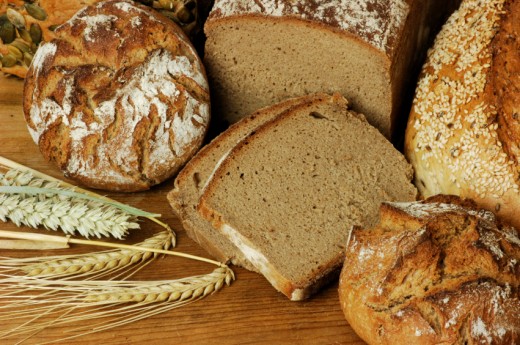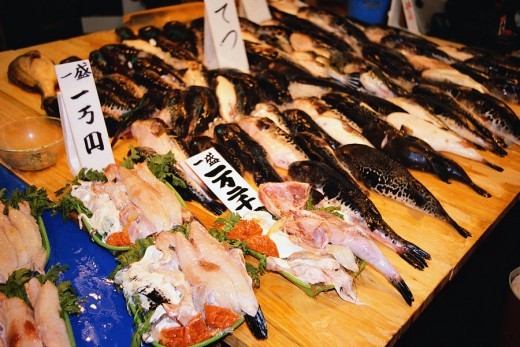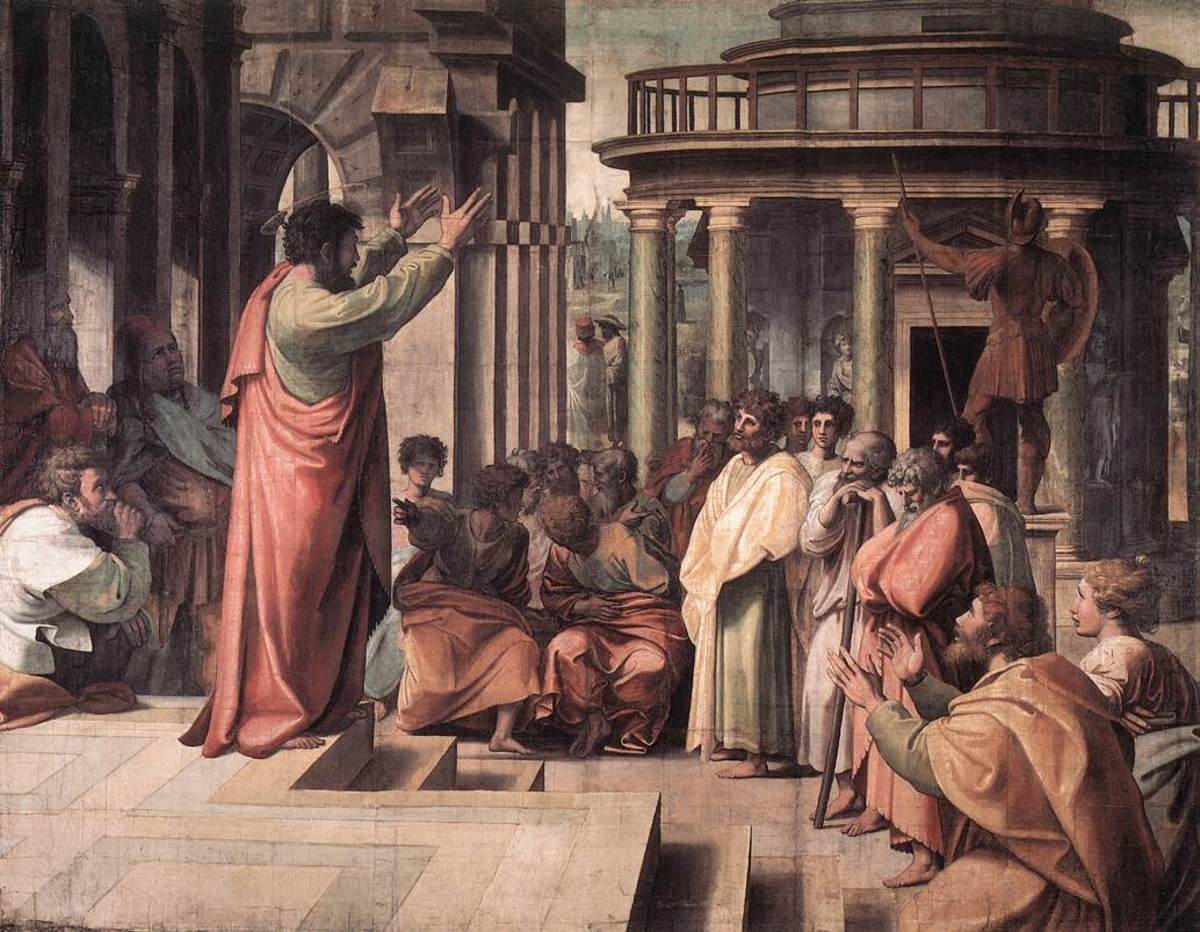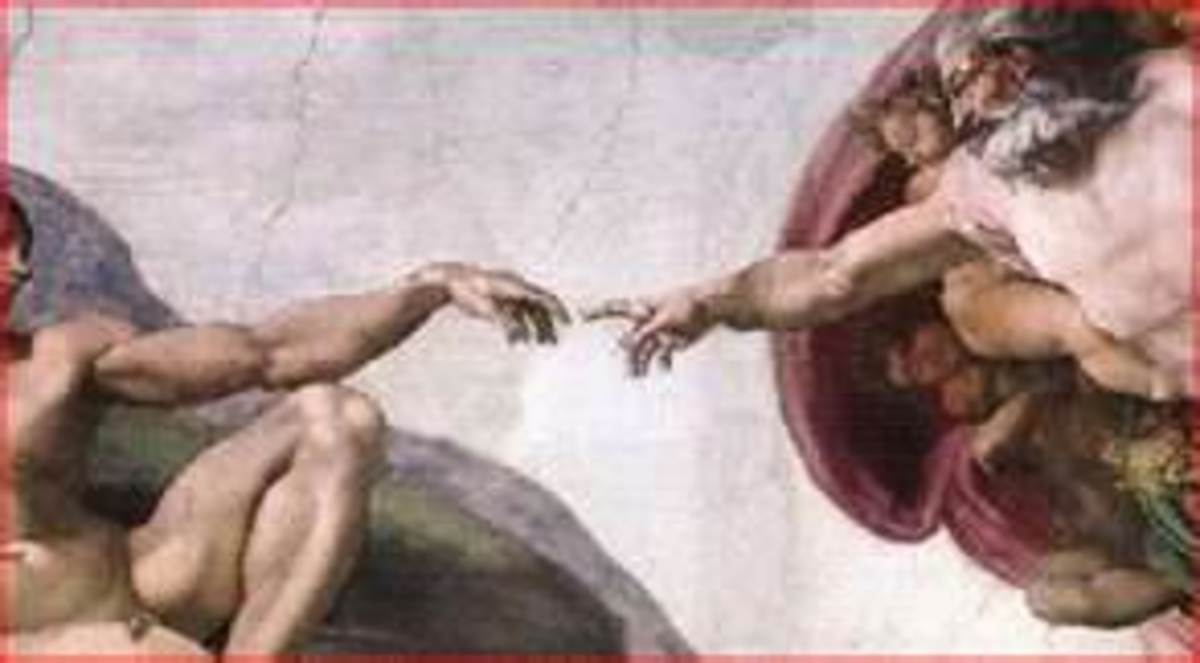Bread for Today: Living With Simplicity

In Christ’s model prayer (Matt. 6:9-13) he implores us to ask God for our provisions—“Give us this day our daily bread” (v. 11). It is a simple statement that reveals to us God’s concern for our needs; but it is also a profound concept that unveils what our expectations should be toward the supply.
It is important to express early that Christ was not merely suggesting food in the term bread. Instead, bread is a metaphor for all the things that sustain our lives. Yet we are not told to only ask for bread but “daily” bread; and the single word causes the prescriptive to become a rich description of a life of simplicity.
Daily Manna
To plainly see what Christ means with the phrase, we can easily reflect on a significant event in the history of the Hebrew people that encases the full meaning of Jesus’s words. When the Israelites had recently left Egypt they landed in crisis when their food resources diminished (Ex. 16). The people complained bitterly until God spoke to Moses telling him, in no uncertain terms, “I will rain bread from heaven for you” (v. 4).
God sends a meal, or grain-like, substance that appears every morning over the ground after the dew had dried. The Israelites called it manna and with it sustained themselves nutritionally in addition to other acquired food. But this provision came with a stipulation that each family could only harvest a day’s-worth per person; and when some did try to store more than what God had indicated, the substance bred worms and stank.
The implication of the manna and Jesus’s admonition are the same: Trust God to provide your need for the moment and anything more will be supplied in its time. Another literal Bible version expresses the verse this way: “Our appointed bread give us to-day” (YLT).
Further in the same discourse Jesus builds on this thought: “Do not worry about tomorrow, for tomorrow will worry about its own things. Sufficient for the day is its own trouble” (6:34). The point is that each day brings its own problems and worries but also the solutions and answers—because God provides them as they occur. Now why disrupt today’s peace with tomorrow’s cares? We only borrow trouble when we do.


Do you ever shop at farmer's markets?
Human Custom, Spiritual Principle
The daily bread concept figures illustratively in my past experience. I lived in Japan for a year teaching ESL. During that time I discerned how important the home is to the women, many of whom are proud homemakers. (One of my teenagers when asked what she desired to be when she grew up replied, "A housewife.")
Each day they rise early and set the house in motion and, after sending children and husbands off, start their daily housecleaning. Many women don aprons, an obvious sign that they are doing their thing, and regularly I would see some in grocery stores still wearing them.
As is common in many cultures, Japanese women often go daily to the market or grocery store for that day’s meal. The longer I was there I understood the custom more.
The Japanese are a people closely connected to the land, something else discovered in other cultures. On the large scale they cherish every inch of their rocky string of islands and its natural wonder; but it is not uncommon to see gardens in the city, even in front yards. (I lived in an area considered rural although the area was more populous than the tri-city area where I now reside.)
So it is no wonder that the Japanese view their food and cuisine with uncommon esteem. But who wouldn’t when it is local or derived from one's own garden, fresh, healthful, and cooked with lots of labor and love? This is what going to market daily means and what it meant to the women I watched—not the storage of highly processed, non-nutritious foodstuffs, the offspring of refrigeration and packaging.
It is the way our own parents and grandparents understood “bread”—such a worthy symbol—in a time when supply in general wasn’t as plentiful as it is today; and because of that they lived with more restraint than many in society now who can, without thought, quickly toss away and buy new.

Simplicity
Daily bread teaches us the spiritual discipline of simplicity. Simplicity is the virtue of being content and free from the need of acquisition. Simplicity rejects overspending and makes one use an item until buying new is necessary. It is the use of a simple word and not a pricey one. It is the ability to keep yourself entertained without the latest whatever (like most of us grew up doing.)
Ultimately, it is being grateful for all that you possess with faith to believe that the God who leads you will provide for you and escort you through every situation you face. The ability to trust God daily, like going to market…trusting that the supply we need will be there—isn’t this a healthier and more reliable faith than storing cares?
Perhaps if we followed Christ’s advice and let the future care for itself, we would better notice the hand of God dramatically working for us, as though we saw the fish and loaves multiplying before our eyes, because that is what it would be. We would be certain of God’s reality, his miracles and great love. We would also appreciate how he uses tough times to work kinks out of our own hearts.
Daily bread doesn’t negate our planning for the future and situations we can see coming; but it does negate our worrying about things we must trust God to solve.
The prayer for daily bread is a faith-builder in a providential God. Ask God daily for your bread and watch how he answers.









